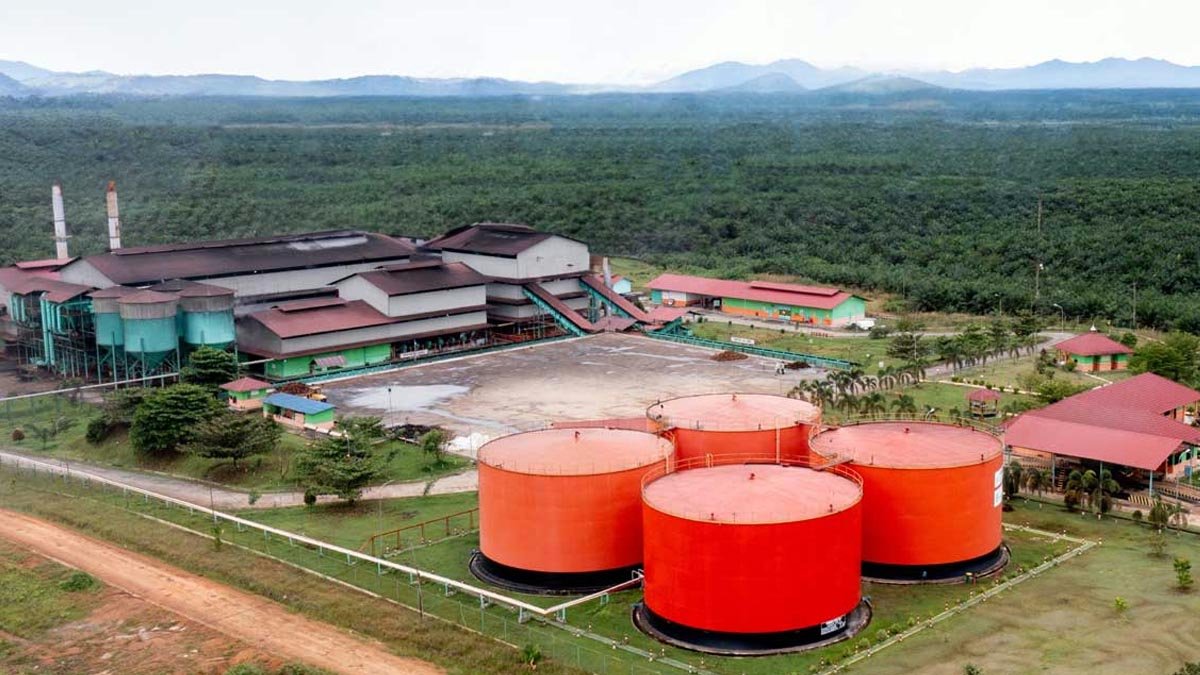PALMOILMAGAZINE, JAKARTA — As global demands for sustainable and transparent agribusiness practices intensify, Bumitama Agri Ltd. has emerged as a frontrunner in transforming the upstream palm oil sector. Headquartered in Singapore and listed on the Singapore Exchange since 2012, the company manages over 187,000 hectares of plantations and recorded SGD 1.41 billion in revenue by the end of 2024. Yet beyond financial performance, Bumitama’s progress is rooted in its deep commitment to sustainability and supply chain traceability.
Led by Chief Sustainability Officer Lim Sian Choo, Bumitama has strengthened its sustainability strategy by adopting a No Deforestation, No Peat, No Exploitation (NDPE) policy since 2015. This commitment was renewed in 2022 with a more impact-focused approach, embedding sustainability deeper into the company’s operations.
One of the most pressing challenges facing the palm oil industry today is the implementation of the European Union Deforestation Regulation (EUDR), which requires traceability down to geospatial coordinates. Though the regulation is not yet fully enforced, Bumitama has taken proactive steps. By 2024, 92.5% of the total fresh fruit bunches (FFB) it processes—over 1.8 million tons from external suppliers—had already been linked to precise geospatial coordinates, meeting Tier 3 traceability standards.
Also Read: Bumitama Partners to Manage 1,909 Hectares of Community Forest in Central Kalimantan
“EUDR is more than just compliance—it’s about building an inclusive and sustainable supply chain,” Lim told Palmoilmagazine.com, quoting from focus.world-exchanges on Sunday (20/7/2025). She stressed the need to involve smallholder farmers, a group often marginalized due to limited access to technology, data, and land legality.
To address this gap, Bumitama has partnered with the Indonesian government and industry stakeholders to support smallholder registration via the e-STDB platform, while also providing capacity-building training. These initiatives aim to bridge the gap between international regulations and on-the-ground realities, ensuring that smallholders are not excluded from global markets.
Bumitama is also collaborating with consultants and technology providers to establish scalable mapping and verification systems. The company aims to achieve full polygon mapping across its entire supply chain by 2026—a key milestone in achieving traceability at scale.
Lim emphasized that this transition’s success depends not only on corporate efforts but also on support from regulators and capital markets. “Companies need access to tools, platforms, financing, and recognition. Only then can we bridge the capabilities of field actors with the expectations of the global market,” she said.
Bumitama’s experience reflects a broader truth: sustainability and traceability are not just compliance checkboxes—they are strategic imperatives for long-term competitiveness in a world facing growing environmental and social challenges. (P2)
